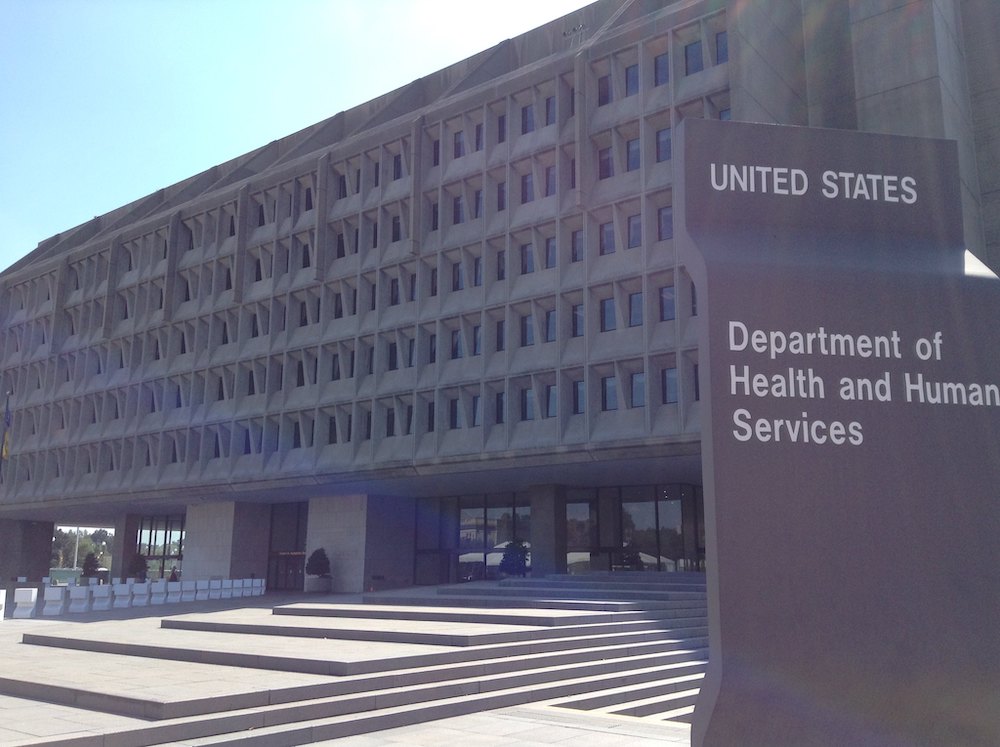
- Details
- By Elyse Wild
Federal DEI funding restrictions do not apply to the Indian Health Service (IHS) programs serving American Indians and Alaska Natives (AI/ANs), according to a Feb. 6 Department of Health and Human Services legal memo obtained by Native News Online.
HHS Acting General Counsel Sean R. Keveney issued the guidance in response to a Jan. 28 inquiry from IHS about the executive order “Ending Radical and Wasteful Government DEI Programs and Preferences” and whether it applied to IHS programs.
“Please accept this note as confirmation of the position this office took,” Keveney wrote in a memo to HHS Chief of Staff Heather Flick. “The Executive Order at issue does not apply to programs or activities of the Department of Health and Human Services that affect or serve AI/ANs.”
Keveny’s legal opinion cites three key factors: the order's plain terms to exclude such programs, tribal sovereignty, and Supreme Court precedent consistently supporting tribal funding.
Native News Online reached out to IHS and HHS for comment, but had not heard back at the time this story went live.
The letter comes on the heels of a flurry of executive orders and White House memos freezing federal funds, restricting communication, and removing public-facing data from the websites of federal health agencies. The orders saw waves of panic sweeping through Native communities, with tribes, organizations, and advocates calling for exemptions for agencies serving Indian Country.
Meanwhile, U.S. Sen. Jeff Merkley (D-Ore.) and Rep. Chellie Pingree (D-Maine) urged HHS on Feb. 10 to prevent proposed cuts to the IHS workforce. As the ranking Democrats on the subcommittees overseeing IHS funding, Merkley and Pingree outlined their concerns in a letter to HHS Acting Secretary Dorothy Fink, pointing to historical understaffing at the agency that is tasked with providing health care to more than 2.8 million AI/ANs.
The letter states: IHS medical facilities regularly face significant vacancy rates for physicians, nurses, and other key clinical providers. Last year, IHS experienced nearly 2,000 vacancies, and a 2018 Government Accountability Office (GAO) report found that IHS had an overall healthcare provider vacancy rate of 25 percent across service areas.
Four Native-serving organizations on Jan. 31 also urged Fink to exempt IHS from a hiring freeze. The National Council of Urban Indian Health, the National Indian Health Board, the National Congress of American Indians, and the Self-Governance Communication and Education Tribal Consortium noted that during a similar 2017 hiring freeze, IHS positions involving direct patient care were exempt, as well as mission-critical support positions.
More Stories Like This
Chumash Tribe’s Project Pink Raises $10,083 for Goleta Valley Cottage Hospital Breast Imaging CenterMy Favorite Stories of 2025
The blueprint for Indigenous Food Sovereignty is Served at Owamni
Seven Deaths in Indian Country Jails as Inmate Population Rises and Staffing Drops
Sen. Luján Convenes Experts to Develop Roadmap for Native Maternal Health Solutions

